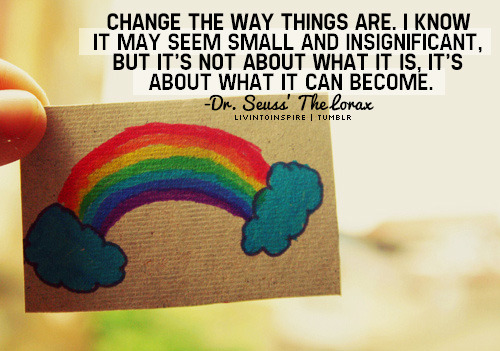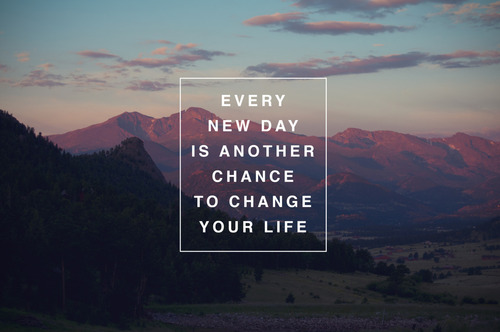Cognitive predictors of panic related symptoms in a non-clinical sample.
Deakin University is conducting research
to examine factors associated with the development of panic symptoms and coping
strategies people use to deal with these symptoms. Research shows that anxiety sensitivity (fear
about the consequences of anxiety-related symptoms) plays an important role in
the development of panic attacks and is also related to the development of
panic disorder. Many people experience panic symptoms or panic attacks but do
not develop panic disorder. Therefore, it is important to gain a better
understanding of the factors that are related to high levels of anxiety
sensitivity. This is likely to provide information about factors that may increase
the risk of developing panic attacks or panic disorder.
The
research is being conducted by Dr Ciaran Pier and Urszula Bobrowski as part of
her Honours in Psychology research project. We are looking for anyone aged 18
and over to complete an anonymous online questionnaire which takes approx.
15-30 minutes. These
questionnaires are designed to assess your experiences of anxiety and panic,
your interpretation of panic symptoms, and your coping strategies for dealing
with anxiety. The
study has ethical approval from Deakin
University's Human
Research Ethics Committee (project ID: 2012-121). Participation is completely
voluntary.
You can learn more about the survey by reading the
plain language statement by clicking on the link below. If you are interested
in participating you can begin the questionnaire.
For any further information please contact Urszula:
ujb@deakin.edu.au.
Thank you, your time is greatly appreciated.
Yours
sincerely,
Dr Ciaran Pier and Urszula Bobrowski








